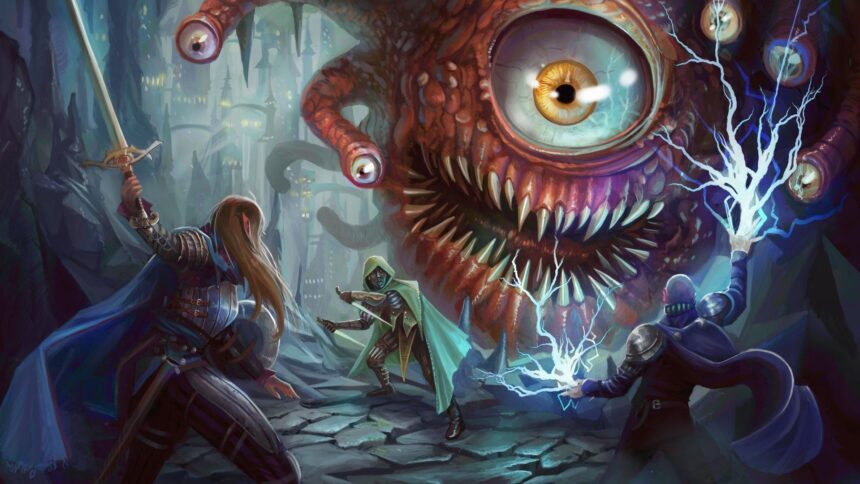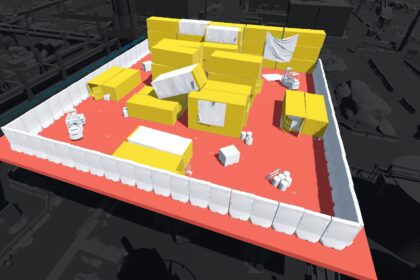Classic RPGs make up some of the most formative examples of late ’90s to early 2000s PC gaming in my memory, but I also remember when they weirdly disappeared. If you loved games like the original Baldur’s Gate, Icewind Dale, or Planescape, and also wondered why we stopped seeing these kinds of titles for a bit there, well it turns out you can blame physical retailers for the decline in Dungeons-and-Dragons-style PC RPGs.
The Infinity Engine was used to power isometric roleplaying games like the ones above. It allowed game devs to take many of the sentiments and mechanics used in DnD and translate them to videogame experiences. It allowed a lot of people to have these kinds of adventures for the first time, especially when good Dungeon Masters are always so hard to find.
“The reason we stopped making Infinity Engine games was because retailers told us no one wanted to buy them,” says Josh Sawyer—who now serves as Obsidian’s studio design director but cut his teeth working on games like Icewind Dale—during his keynote speech at GCAP 2025 in Melbourne, Australia. “We asked if we could see the research and they basically told us to trust them” he adds to sad chuckles from the crowd.
It seems odd for retailers, especially physical ones, to have so much power in today’s world, but Sawyer explains it was a very different landscape. Back then, retailers had a lot of power over game developers because if they wouldn’t stock your game there weren’t any other options.
Not only that, but storage, taking up shelf space, and displays meant retailers could be very picky about what they stocked in order to maximise profits. They’d even force companies to buy back games if they weren’t selling.
With this power, brick and mortar stores were able to put the pressure on and change the landscape to suit them, not necessarily the consumers or the developers.
Now we have much more digital distribution, which Sawyer says gives developers of all sizes far more power and agency in the scene. While there’s no guarantee you’ll get sales, at the very least you can still list a game on a platform like Steam, where people at least have a chance of seeing and buying it.
Read the full article here










